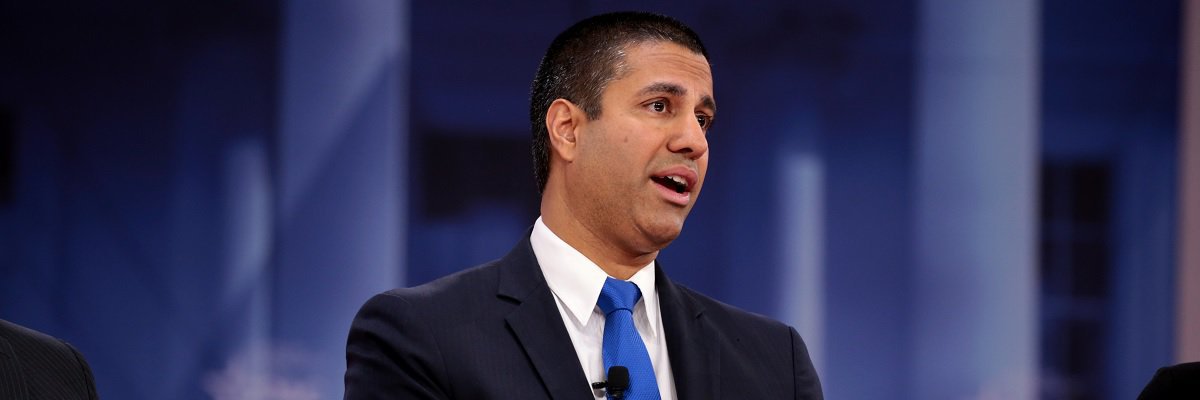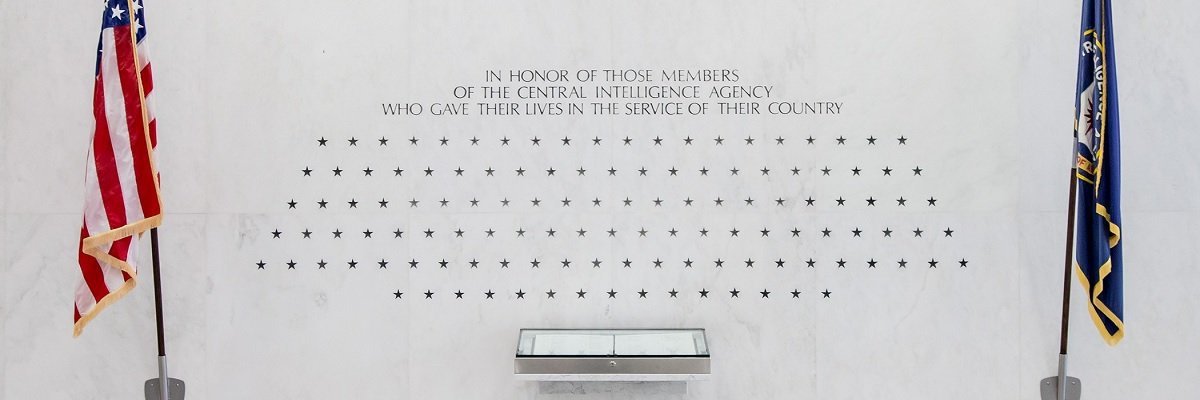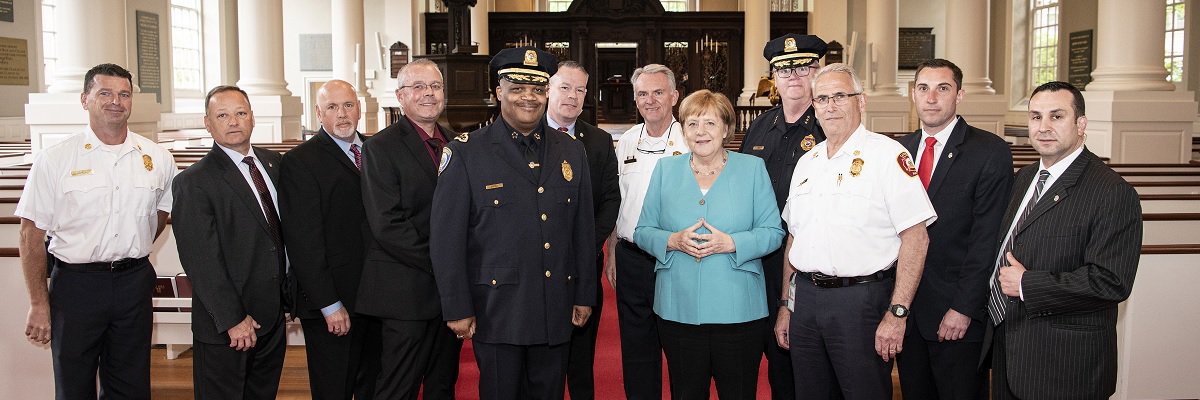Almost a year ago to the day, I filed a FOIA request with the Federal Communications Commission for emails related to the now-infamous Ajit Pai Harlem Shake video. A few months later, the FCC rejected the request under the equally-infamous b(5) exemption, arguing that releasing these emails would harm the agency’s ability to make stupid videos in the future.
I appealed this decision, on the grounds that it was a bad faith interpretation of b(5)’s deliberative process privilege - part of a pattern and practice of the agency’s using the exemption to avoid releasing information that was potentially embarrassing.
I am appealing what is on its face not a good faith application of the foreseeable harm standard. Further, the fact that the agency chose not to release any factual statements from emails, despite factual information not falling under deliberative privilege unless it’s inextricably intertwined with the deliberative process, casts doubt on their assertion that “no meaningful non-exempt material can practicably be segregated from the exempt material.”
In October, the FCC responded in an unusual way - while maintaining that a full release of the emails would cause “foreseeable harm,” David Senzel of the agency’s Office of General Counsel hoped to informally resolve my appeal by releasing the headers.
The bodies of the emails themselves were completely redacted under b(5), including this little guy:

This “informal response” ended with an ultimatum:
If we do not hear from you to the contrary within 10 business days, we will assume that you wish to withdraw your appeal.
I immediately responded to the contrary - I was not interested in closing out my appeal.
Just this morning - again, almost a year to the day after I initially filed - I heard back from Senzel:
Upon further consideration, we have decided to release unredacted copies of the emails at issue as a matter of discretion.
And here are those unredacted copies:
So, what did these emails contain that was so potentially damaging that it was worth risking a potential FOIA lawsuit over? Pai was curious when it was going live, and the FCC wanted to maintain a veto power over the video if they didn’t like it. Oh, and this:

Look, I’ll be the first to say that Pai dusting off some dated memes is far from the agency’s worst crime, and if the FCC had just released these records when I asked from them last December, I would have struggled to string together a couple of work emails into an article of any substance. But the fact that the agency felt the need to fight me on such a stupid issue, for as long as they did, all the while taking care to make sure they don’t lose any ground to fight stupid fights in the future, is alarming, and an important reminder that some agencies are fundamentally opposed to being held accountable for anything …
even that. Especially that.
Image by Gage Skidmore via Wikimedia Commons and is licensed under CC BY-SA 2.0




